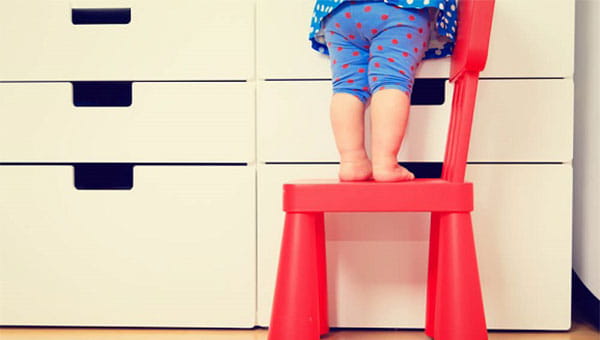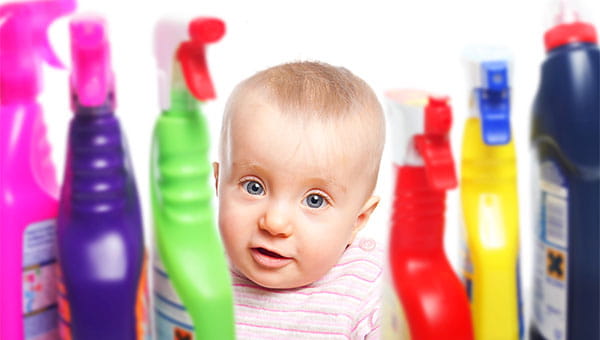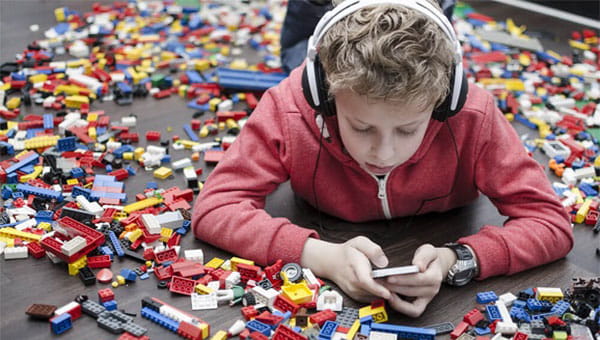September is Baby Safe Month. This month-long observance is to help keep parents informed and up to date on the latest safety issues and products to help keep babies safe. While there’s a laundry list of safety precautions parents already go through each day, there are a few safety topics that are the most current.
Bathing
While it seems like an everyday task for you and me, bathing an infant or child comes with its own set of safety measures. Most pediatricians recommend that parents turn down the temperature of the water heater to below 120 degrees. Turning down the water heater will help ensure that even toddlers can’t turn the bath handle and accidentally scald themselves. Test the water temperature on the inside of your wrist, feeling for warm water. Never leave your child alone during bath time.
Pets
In many cases, your pets are an extension of your family. However, there are some precautions parents need to take when they have a new baby or toddler running around the house. Parents should avoid leaving pets and small children or babies together unsupervised. Additionally, parents should keep children away from a pet’s food and water bowls. Pets can be territorial, especially when they’re eating.
Poisons
From expired medications in easily opened bottles to household chemicals and carbon monoxide, there may be hidden dangers throughout your home. Keeping dangerous items on high shelves or cabinets may help keep small children and babies from gaining access to them. One of the most common areas of concern are laundry pods. You may want to switch to a liquid or powder detergent placed out of reach.
Sleeping
There are many safety tips surrounding sleeping for babies. Always put your baby to sleep on their back without any stuffed animals or loose blankets. It is safe to swaddle an infant for sleeping. It’s recommended that parents and babies don’t share a bed. The safest place for your baby to sleep is in your room, in their own bed, crib or bassinet.
Swimming
Swimming pools can be a source of summertime enjoyment for your kids, but they can also be dangerous. Children should always be supervised in and around water. Consider a child fence around your pool and alarms on your doors to signal when a child might be trying to leave the house. Always make sure there is a parent “lifeguard” on duty at all times.
Talk with your pediatrician if you have any questions regarding safety precautions at home, or visit our parent resource center for more prevention tips.



